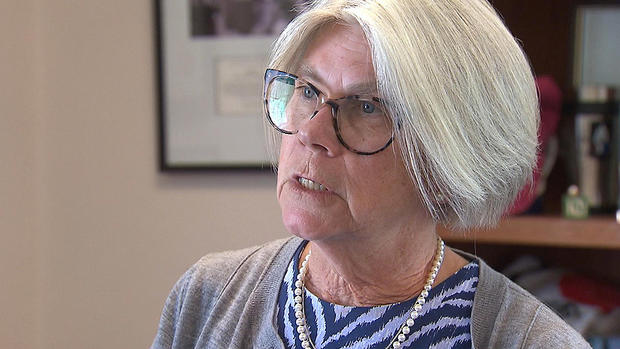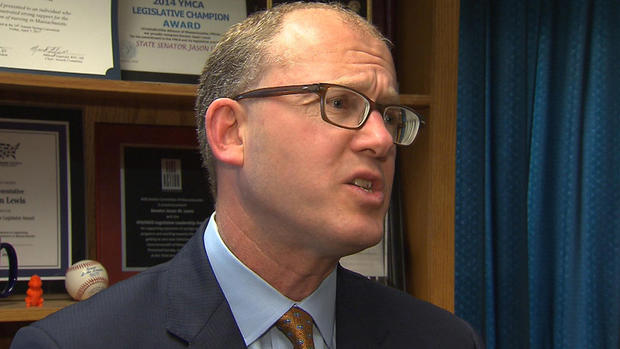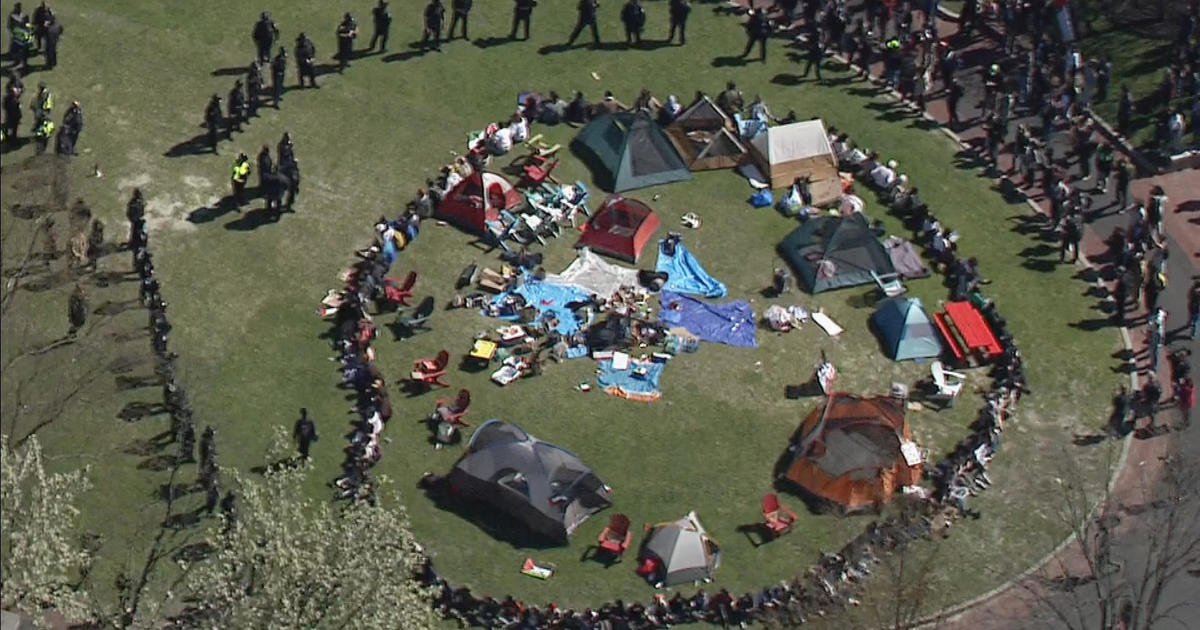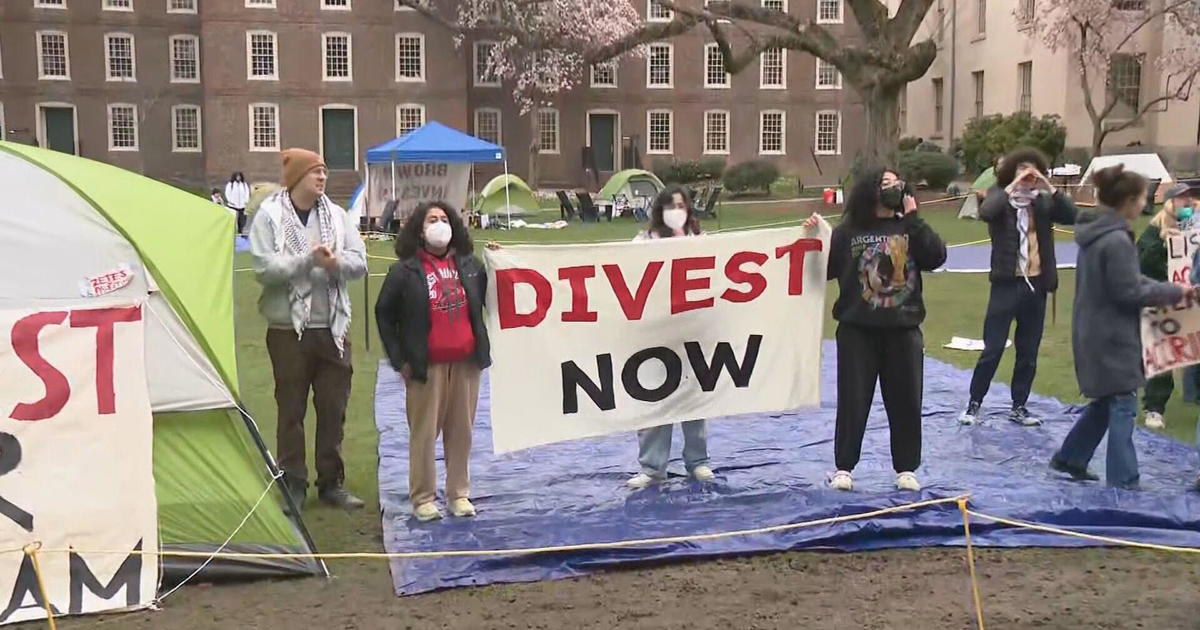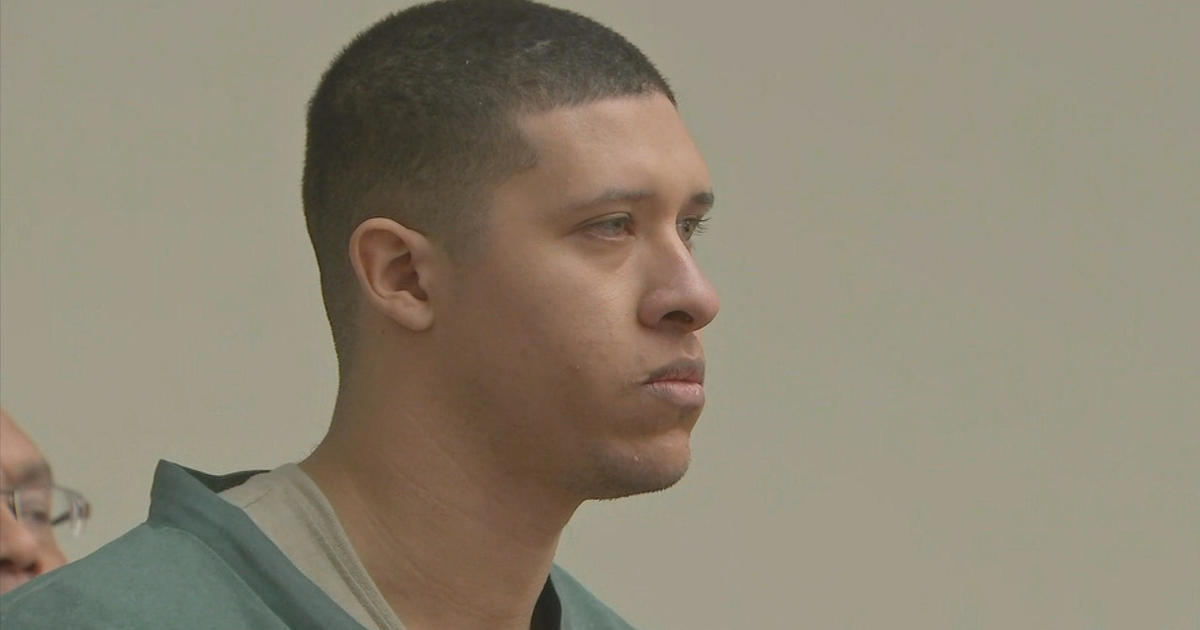Keller @ Large: Lawmakers Near Agreement On Education Funding, But Not Without Backlash
BOSTON (CBS) - On Monday, my colleague Paula Ebben showed you how shortfalls in state aid have left a Worcester school struggling to meet the needs of low-income students, as pressure builds on Beacon Hill to come up with a new school funding formula.
And in WBZ interviews with the top players in that process, it appears lawmakers are nearing agreement in major areas, but not without backlash against some of the political heat.
As always, money is a sticking point. There is about $300 million in new school funds written into the budget for the upcoming fiscal year, but teacher unions and others are clamoring for new tax hikes to supplement that.
"Every time we have an issue here in the State House the answer always [is] - whether it's education or transportation or economic development, whatever it is - we need to raise taxes," says Gov. Charlie Baker. "That is not the answer most of the time to the problems we deal with here."
That is the single biggest area of disagreement between the executive and legislative branches.
Search: Your Town's Education Spending (.xlsx)
Sen. Jason Lewis of Winchester, chair of the Senate Committee on Education, is a co-sponsor of the revived Millionaire's Tax, a proposed surtax on seven-figure incomes working its way toward the 2022 ballot. "The Senate's approach has generally been more ambitious in terms of providing funding," he says.
Rep. Alice Peisch of Wellesley, chair of the House Committee on Education, and the tax-averse House have been reluctant to go there. "If we reach that point we probably will have some discussions about whether we will need new sources of revenue," says Peisch.
Search: Town Spending Per Student (Click 'Enable Editing' to search)
But otherwise there is consensus over what it'll take to narrow the achievement gap - better data, and better practices.
"What is it that is making this school successful so we can apply it to the school that's not so successful?" asks Peisch.
"We would like to see greater transparency so we can understand what's really happening and what's working," says Lewis.
"There's a lot of things that have been proven in many places around the country to work in improving student performance in urban school districts, and those ought to be part of this routine," says Baker.
This whole issue might be resolved fairly quickly if it were just the governor and the legislators working things out, but there's a joker in the deck - the aggressive union advocates of the Massachusetts Teacher's Association.
When MTA officials mocked Peisch in a Facebook post by sporting pearl necklaces similar to one she often wears to work under the caption: "Alice Peisch, let go of the wealth and fund our future," it angered key players.
"That, I thought, wasn't helpful," says Lewis. "We all need to treat each other with respect."
Added Peisch: "It's been disappointing that one union in particular has felt the need to engage in that kind of tactic."
Still, a revised formula is expected early this summer after years of false starts in the legislature. And while it will initially be funded out of existing revenues, the big-money question of whether or not to hike taxes to sustain more long-term aid will loom over Beacon Hill for some time to come.
A new Suffolk University/Boston Globe poll out Tuesday found 58 percent were willing to pay more taxes to help poor kids succeed. But in 2016, 62 percent voted against lifting the cap on charter school seats in urban districts where thousands of families are on waiting lists.
So even as state leaders find common ground on how they want new funding used, look for continued uncertainty over where the money will come from.
